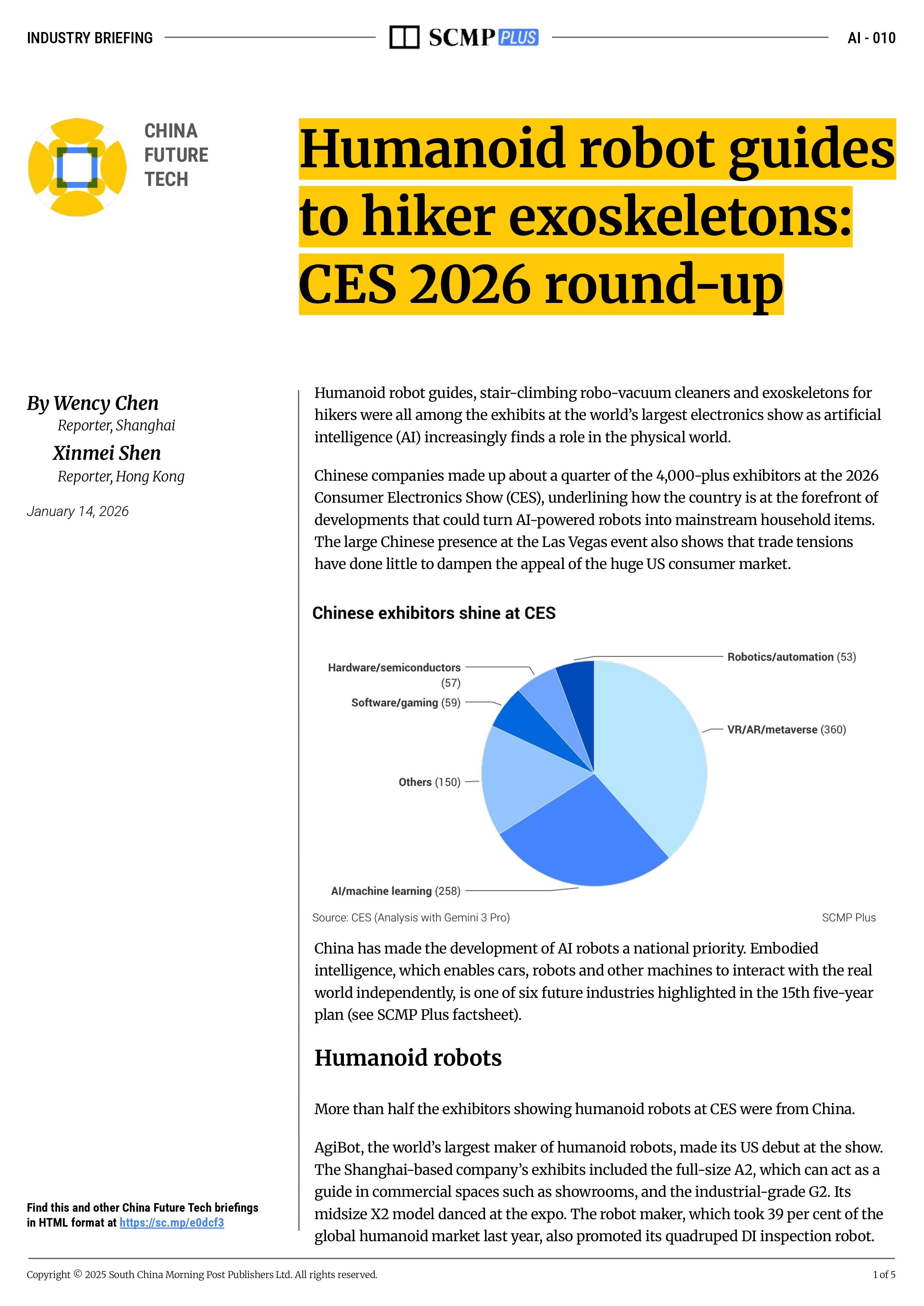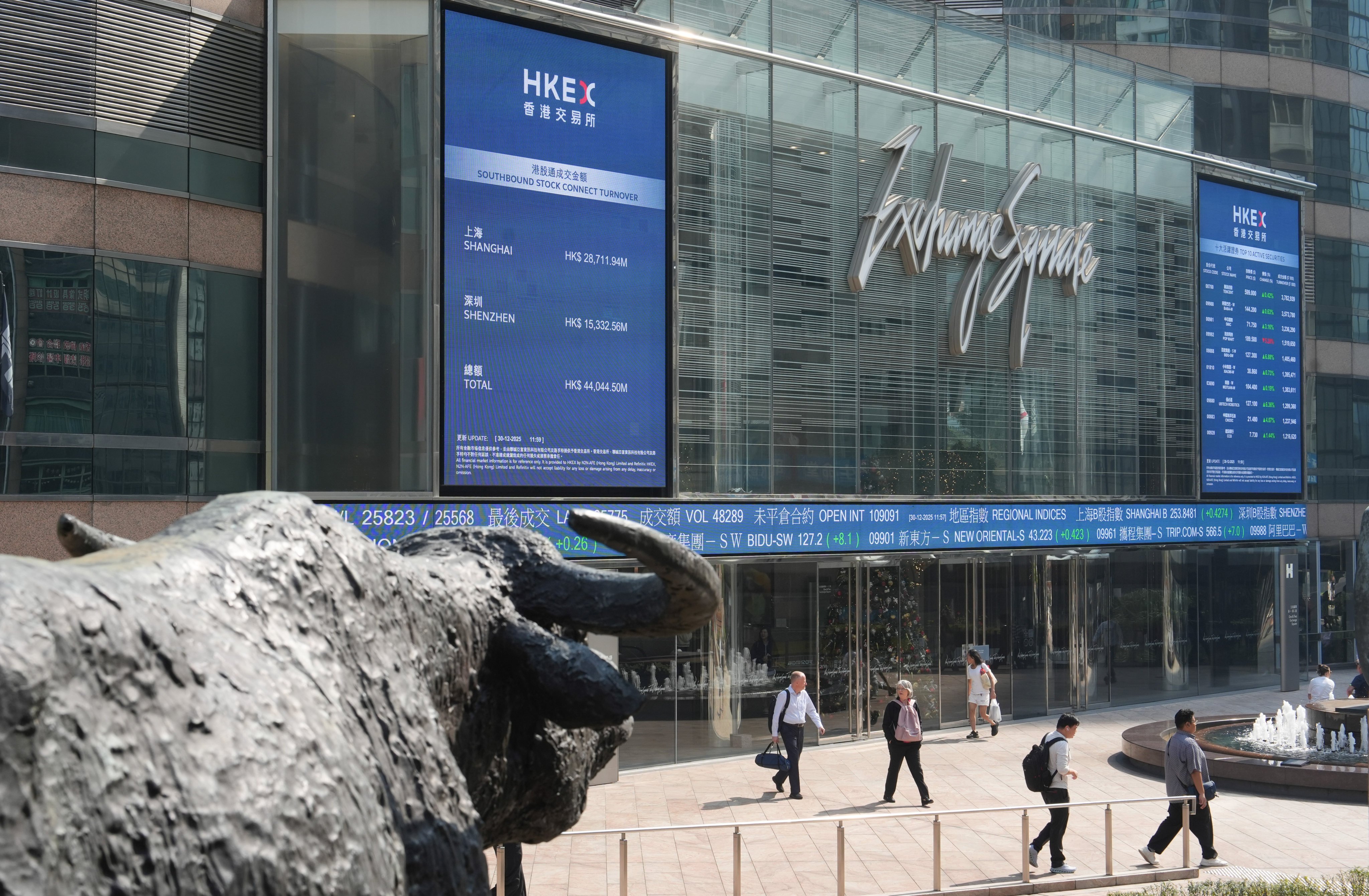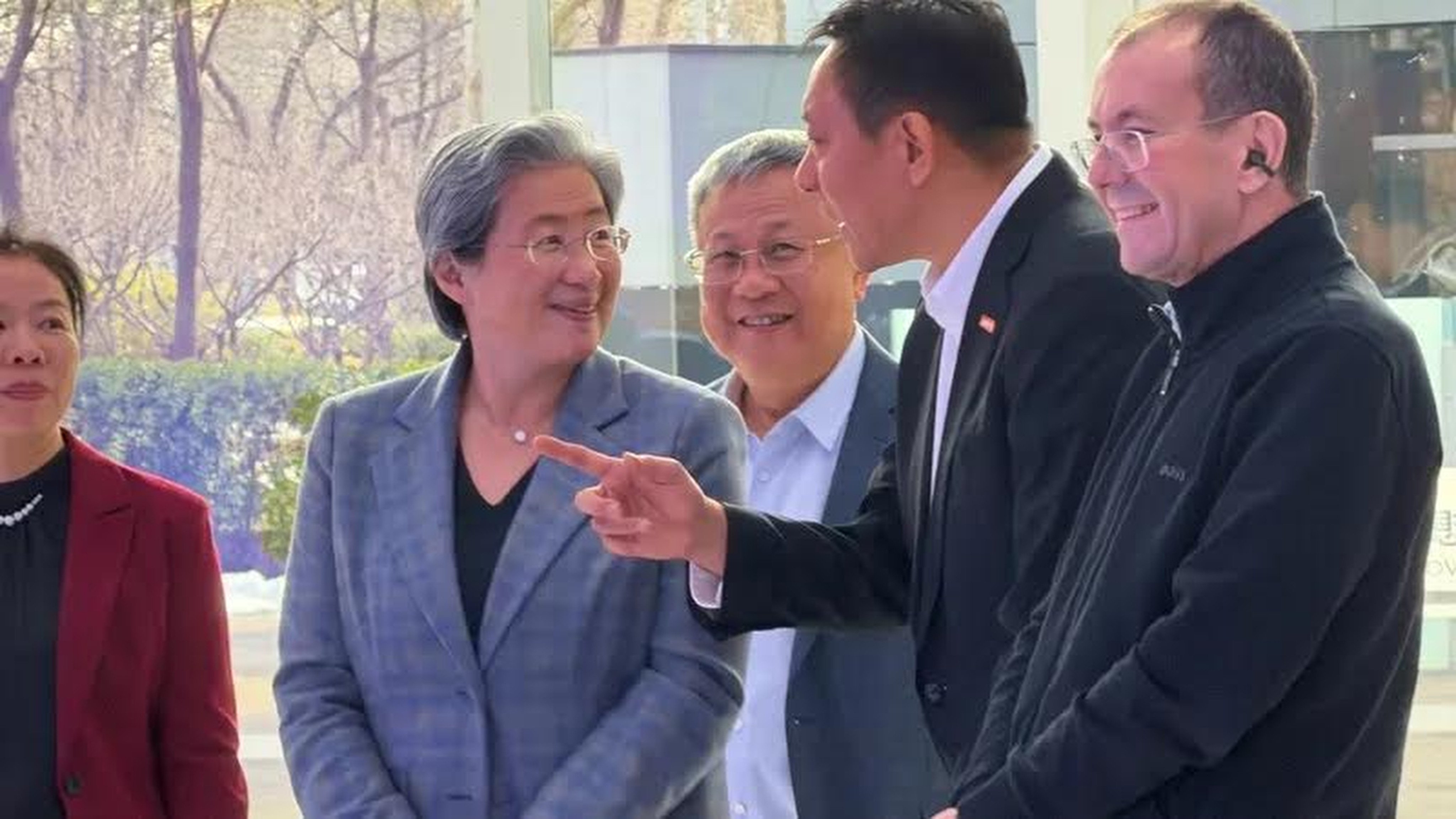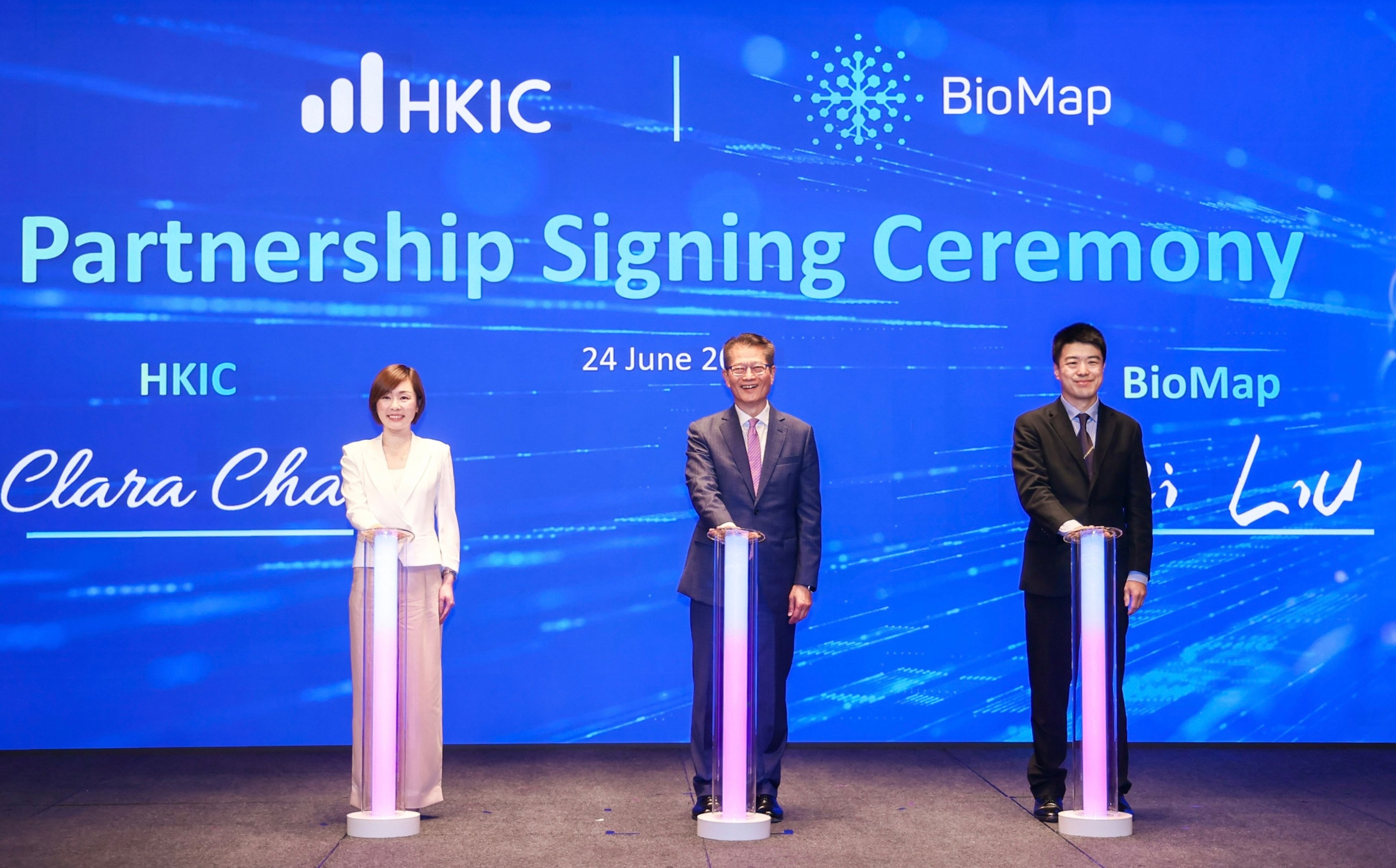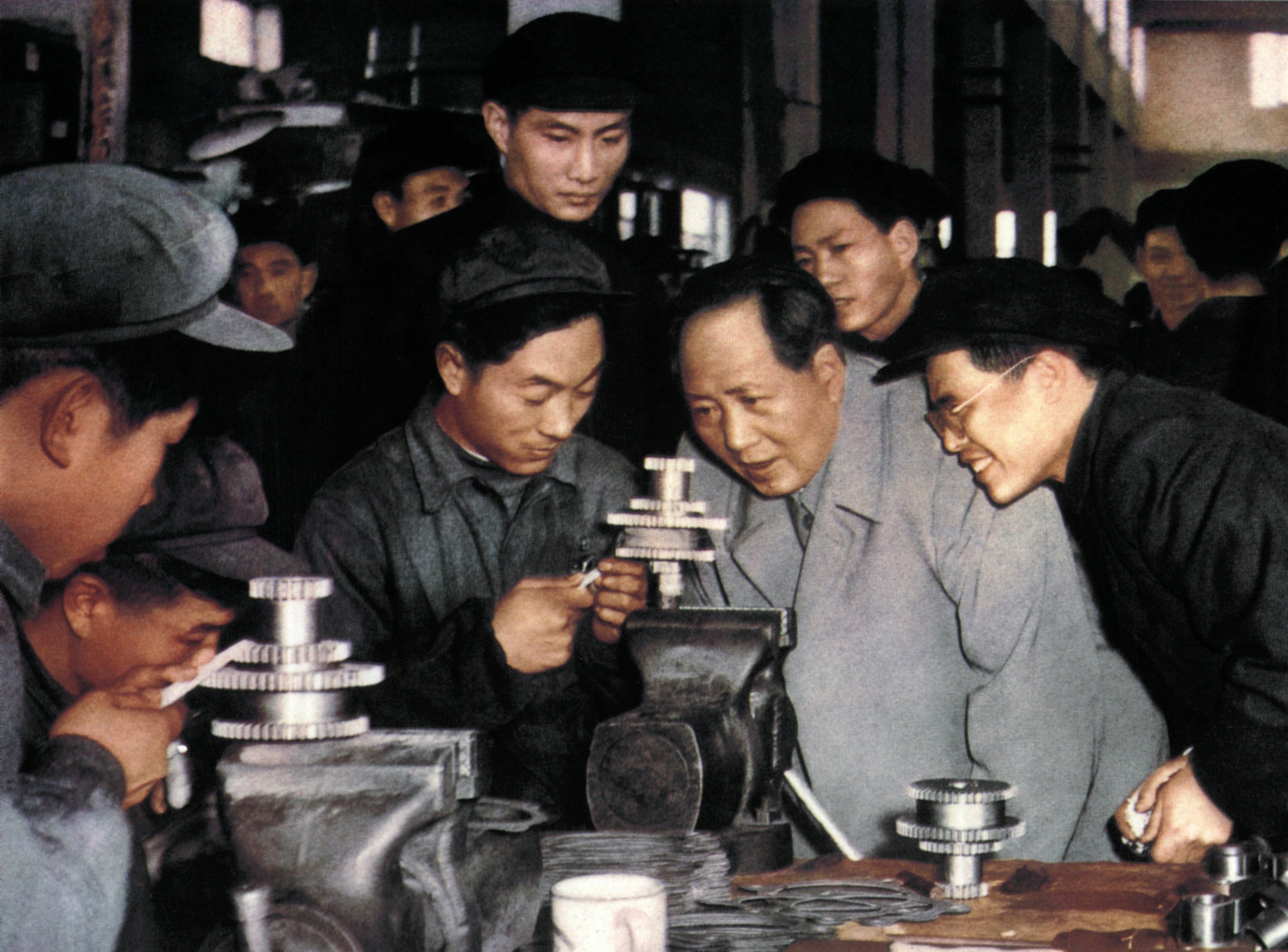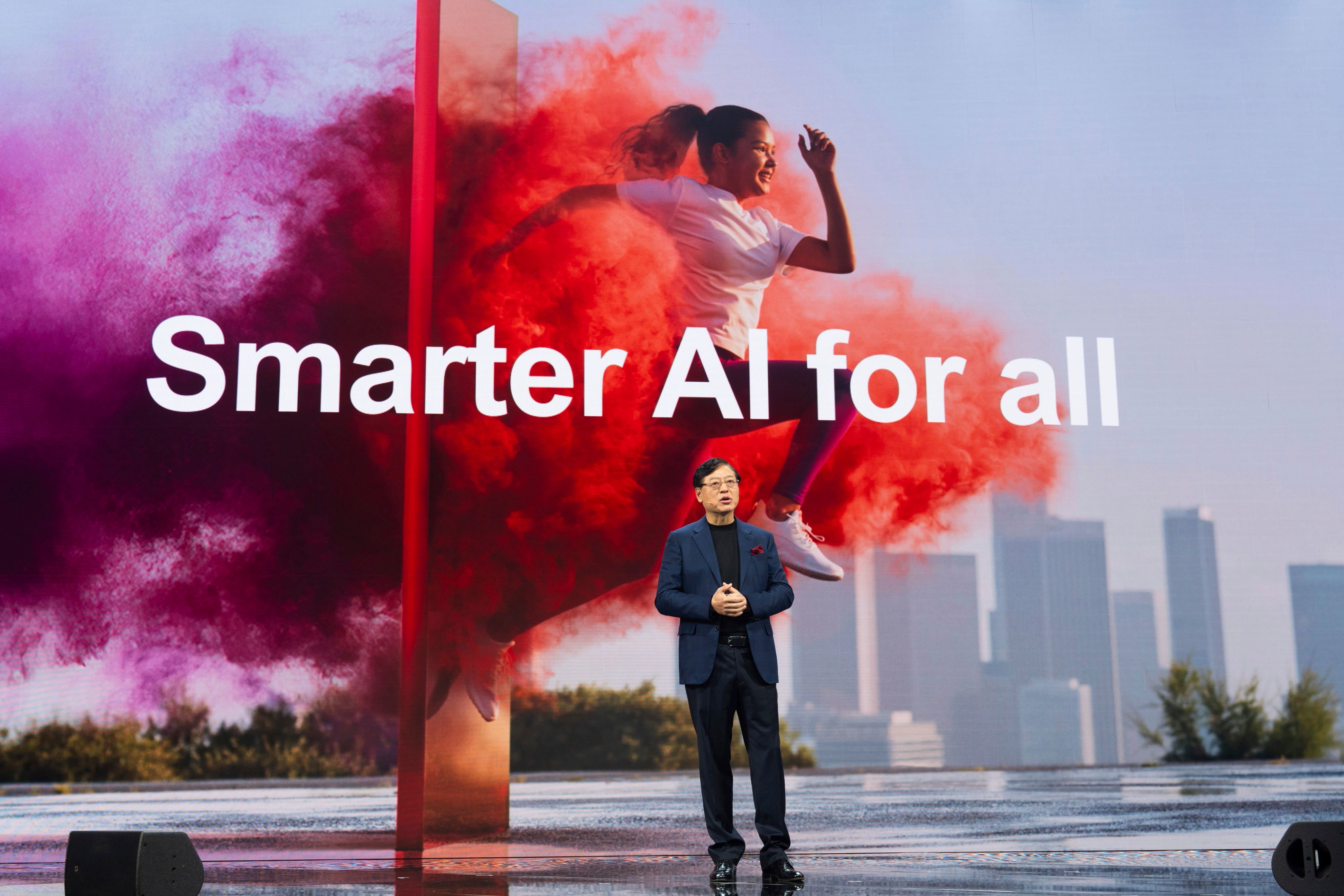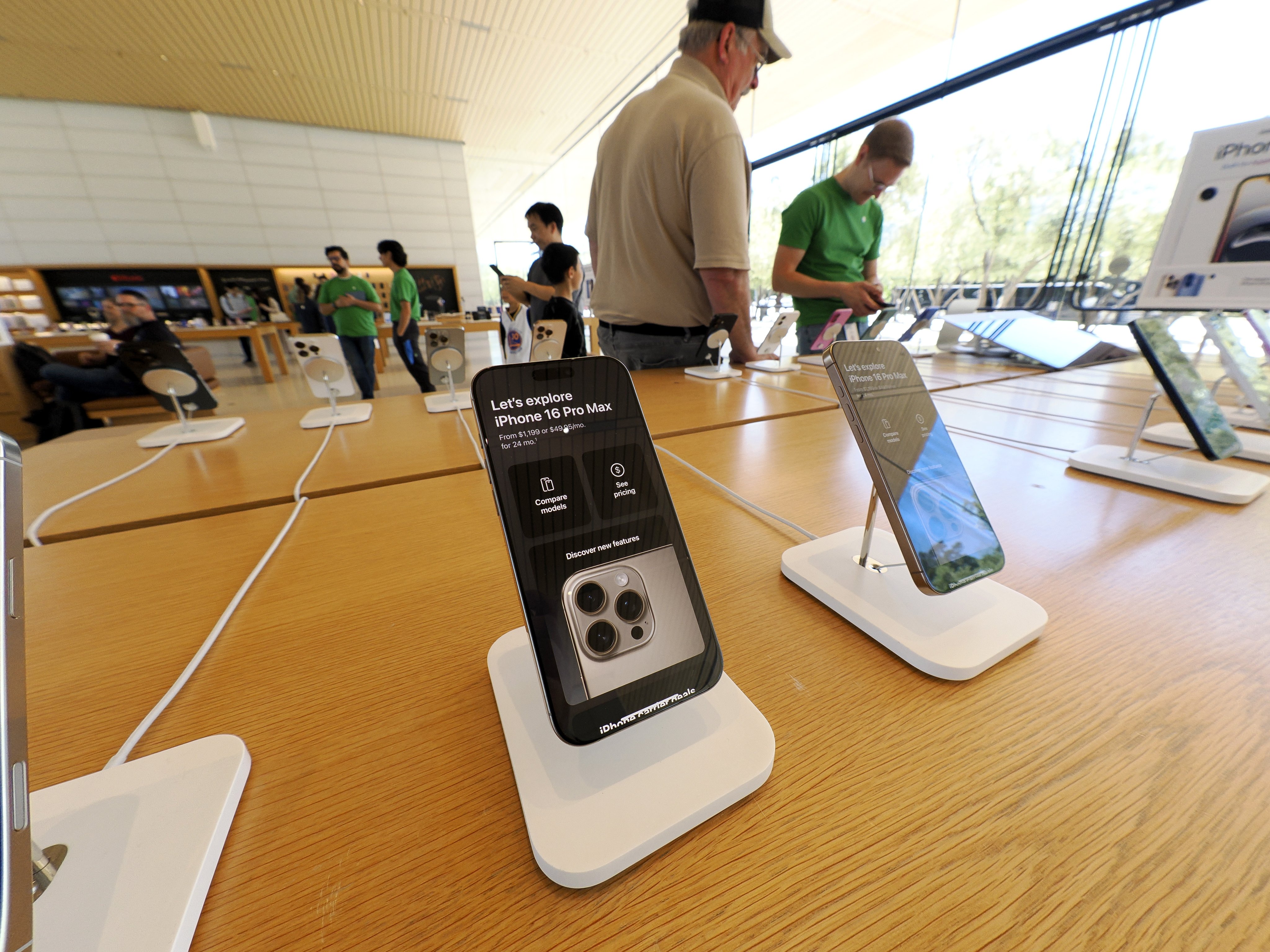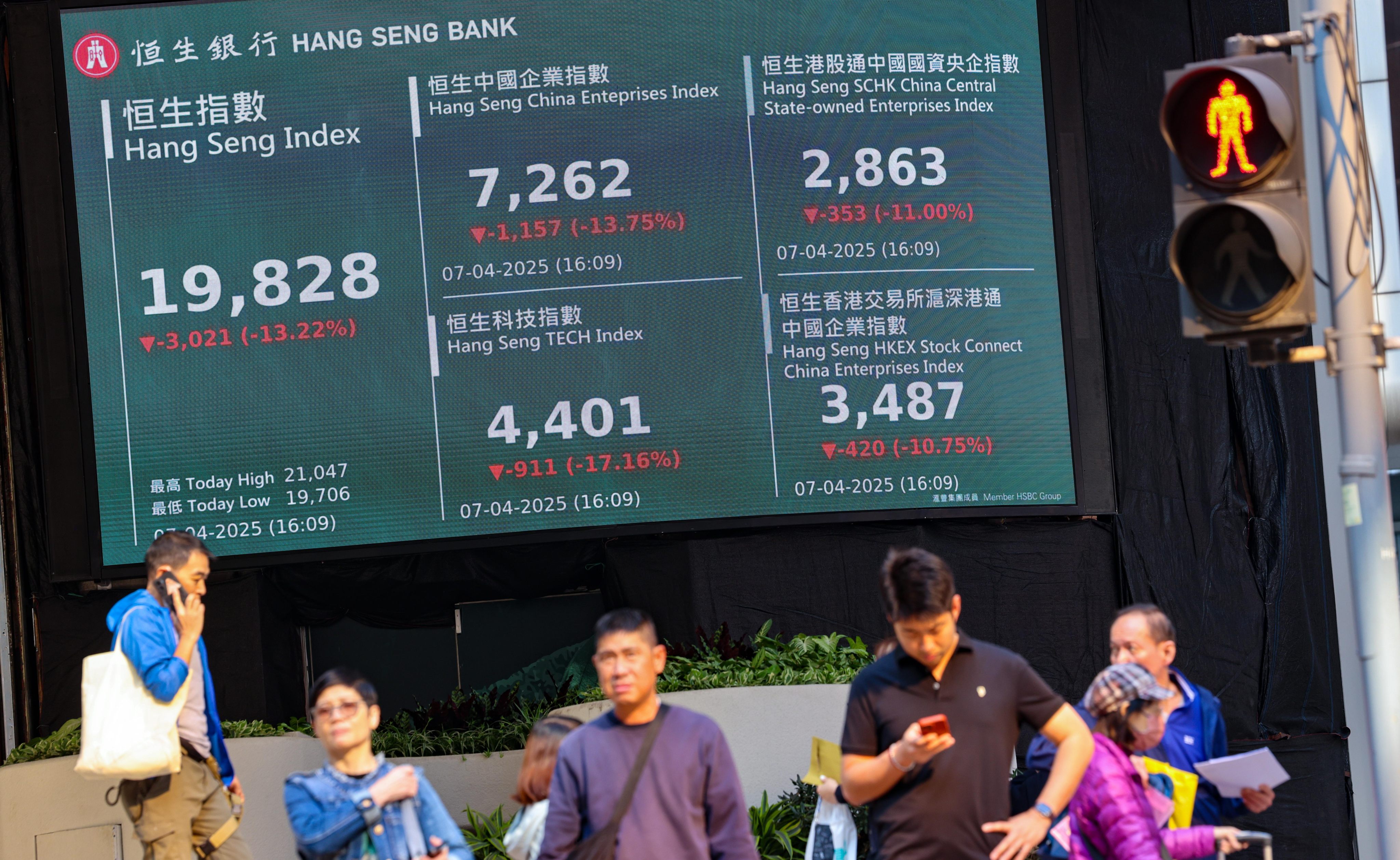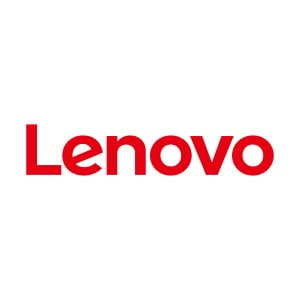
TOPIC
/ company
Lenovo

Lenovo
Lenovo is the world's largest PC maker whose product line includes PCs, tablet computers, mobile phones, servers, computers, tablet computers, mobile phones, workstations, servers, electronic storage devices, IT management software and smart TVs. Lenovo bought IBM's PC business in 2005.
Chairman / President
Yang Yuanqing
CEO / Managing Director
Yang Yuanqing
CFO / Finance Director
Wong Wai Ming
Industry
Computer hardware
Electronics
Electronics
Website
lenovo.com
Headquarters address
23rd Floor, Lincoln House, Taikoo Place, 979 King's Road, Quarry Bay, Hong Kong
Stock Code
SEHK:0992
OTC Pink:LNVGY
OTC Pink:LNVGY
Year founded
1984
Help preserve 120 years of quality journalism.
SUPPORT NOWAdvertisement
Advertisement
Advertisement
Advertisement
Advertisement
Advertisement
Advertisement
Advertisement
Advertisement
Advertisement
Advertisement
Advertisement
